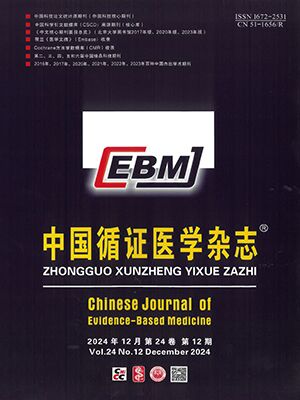Objective To evaluate the adverse events following immunization (AEFI) of meningococcal vaccines, so as to provide references for the appraisal and treatment of AEFI.
Methods The Chinese Bio-medicine Database (1978 to April, 2010), China Journal Full-text Database (1994 to April, 2010), VIP Database (1989 to April, 2010) and WangFang database (1988 to April, 2010) were fully searched, and the references listed in original studies were searched manually as well. Then two reviewers independently screened studies and abstracted relevant data.
Results A total of 52 articles involving 61 cases were included. Among the AEFI cases, 72.13% were hypersensitive response, including henoch-schonlein purpura (accompanied with or without nephritis), anaphylactic shock, allergic eruption, angioedema, local allergic reaction and so on.
Conclusion The results of this study show that meningococcal vaccines may result in AEFI. However, most AEFI are temporary and can be cured after treatment in time. In general, meningococcal vaccine is safe, but monitoring and treatment for AEFI are necessary.
Citation: YANG Shengping,LI Jingyuan,YAN Xianxia,YANG Kehu,LIU Yali. A Review on Adverse Events Following Immunization of Meningococcal Vaccines. Chinese Journal of Evidence-Based Medicine, 2011, 11(12): 1468-1470. doi: Copy
Copyright © the editorial department of Chinese Journal of Evidence-Based Medicine of West China Medical Publisher. All rights reserved
-
Previous Article
Method of Evidence-Based Evaluation on Off-label Uses




